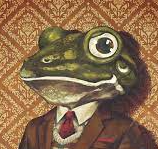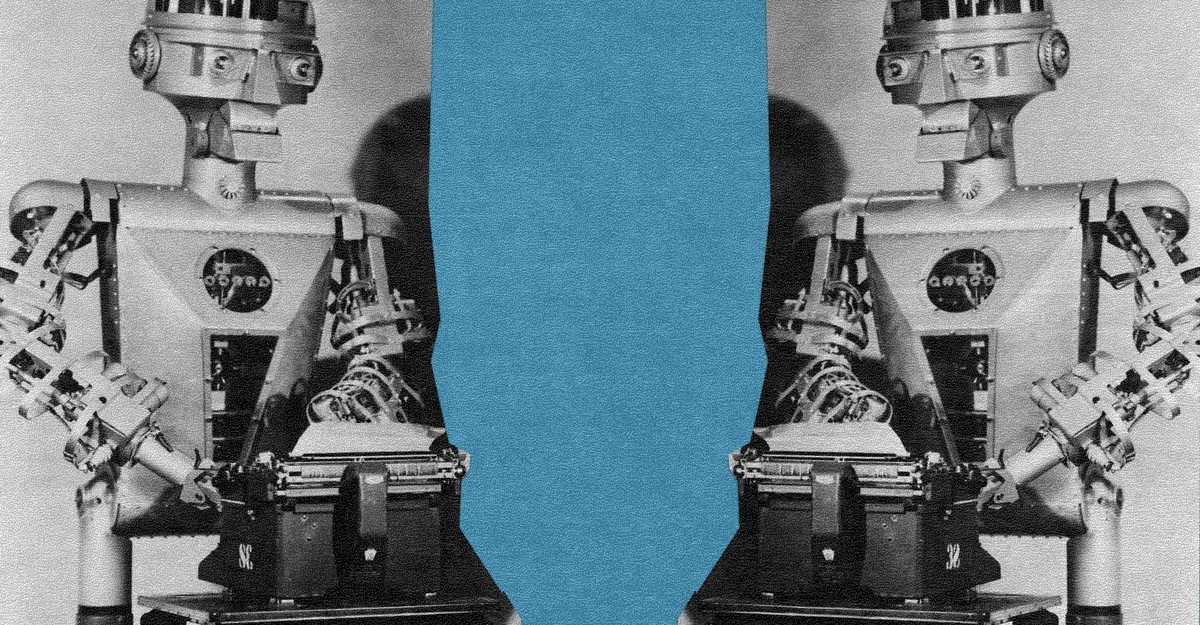This excellent piece from the Atlantic (Drive link to PDF) describes the author’s process writing a fully AI novel. He used a ton of different tools, did the plotting himself, and had the AI not just write but revise, change tone, generate alternatives, etc. etc. Then he assembled the final product himself from all those components.
I think this is pretty plausible vision of how writing will be reshaped by AI. Anyone who’s messed around with ChatGPT knows that it produces shit content right now. It’ll get better, and formulaic tasks will be taken over—the AP apparently uses AI to generate reporting on game results, for instance—but creative work that requires bounded originality seems well outside what it can do, just by its nature. That includes fiction as well as drawing original insights from large or complex bodies of information (e.g. scientific articles, reports, white papers).
Curious what you all make of this—whether it’s realistic, what it’s missing, what it gets right.
The author of the article touches on a few good points that I liked, thanks for the share! However, this is a complicated topic, because to me the center issue is quality, and originality.
Something new is something not seen before. Now days it’s hard to believe it still exists, and rarer than it used to be, but then something comes around and you go “oh right”. This is even more special in prose, and perceivable, imho.
I work on the field, I am also a writer, and I have played with composing stories using LLMs. The reality is the quality is at best a B, and thats if you give very detailed outlines, tone parameters and instructions, adjusting, generating and regenerating responses. Basically, it just felt like a lot more trouble than actually writing the freaking thing myself.
For revision, it does a decent job with finalizing drafts, but get some experience with a real, good editor, and you will see the world of difference, it’s too silly to even compare.
Another issue, and this one I heavily believe is the reason we have seen an influx of optimistic, positive look stories now days, is that GPT guidelines prevent it from going into dark places, working around the bad side of the human mind and behavior. This is like cutting the whole point of writing prose to me.
Now, the real issue is that, with good marketing, this at best B, always positive, meaningless piece of entertainment, is more than enough for high execs trying to make a profitable quarter.
So yeah, AI art is crap, and it is killing authors.



